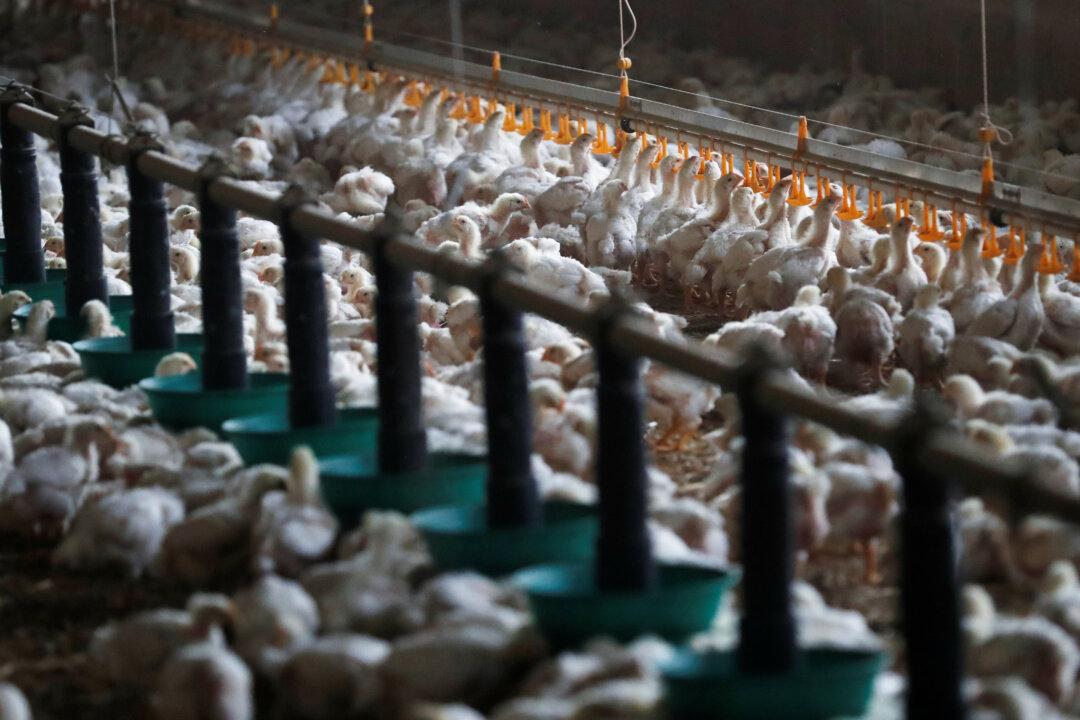Farmers in West Tennessee are suing the federal government, alleging that a loan program benefited mass poultry operations by subsidizing them rather than helping its intended target of family-run farms. The lawsuit calls the actions of the U.S. Department of Agriculture (USDA) “illegal corporate welfare.”
The suit, filed in late December 2022 by the litigation nonprofit Southern Environmental Law Center (SELC) on behalf of a local group of farmers known as the Concerned Citizens of West Tennessee, alleged that the USDA program meant for supporting “family farms” is illegally being used to finance industrial poultry operations controlled by massive corporations like Tyson.





